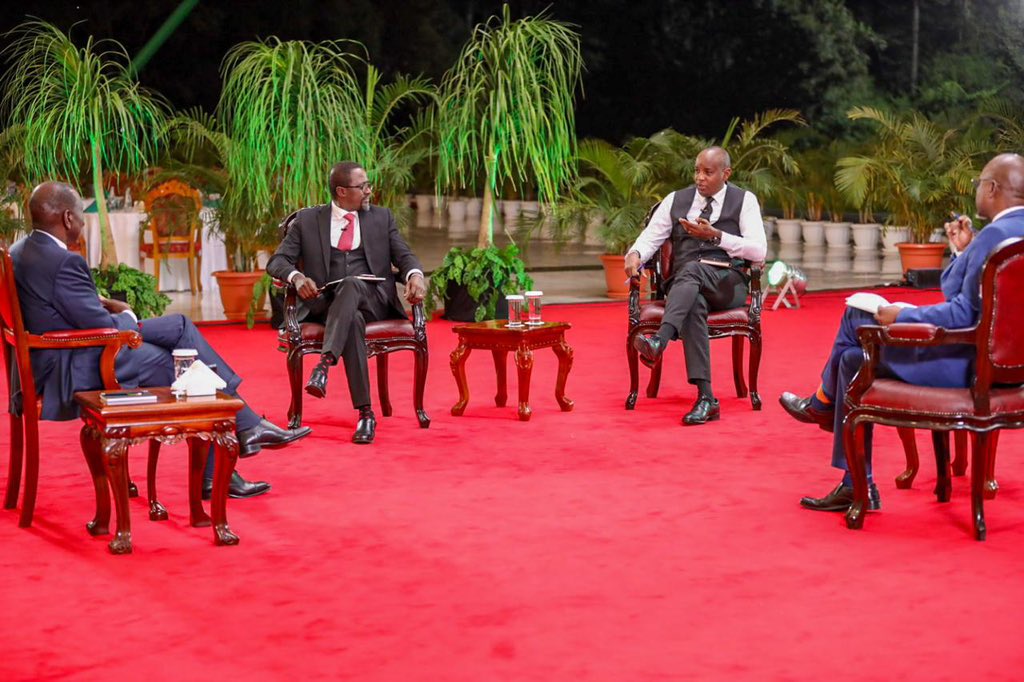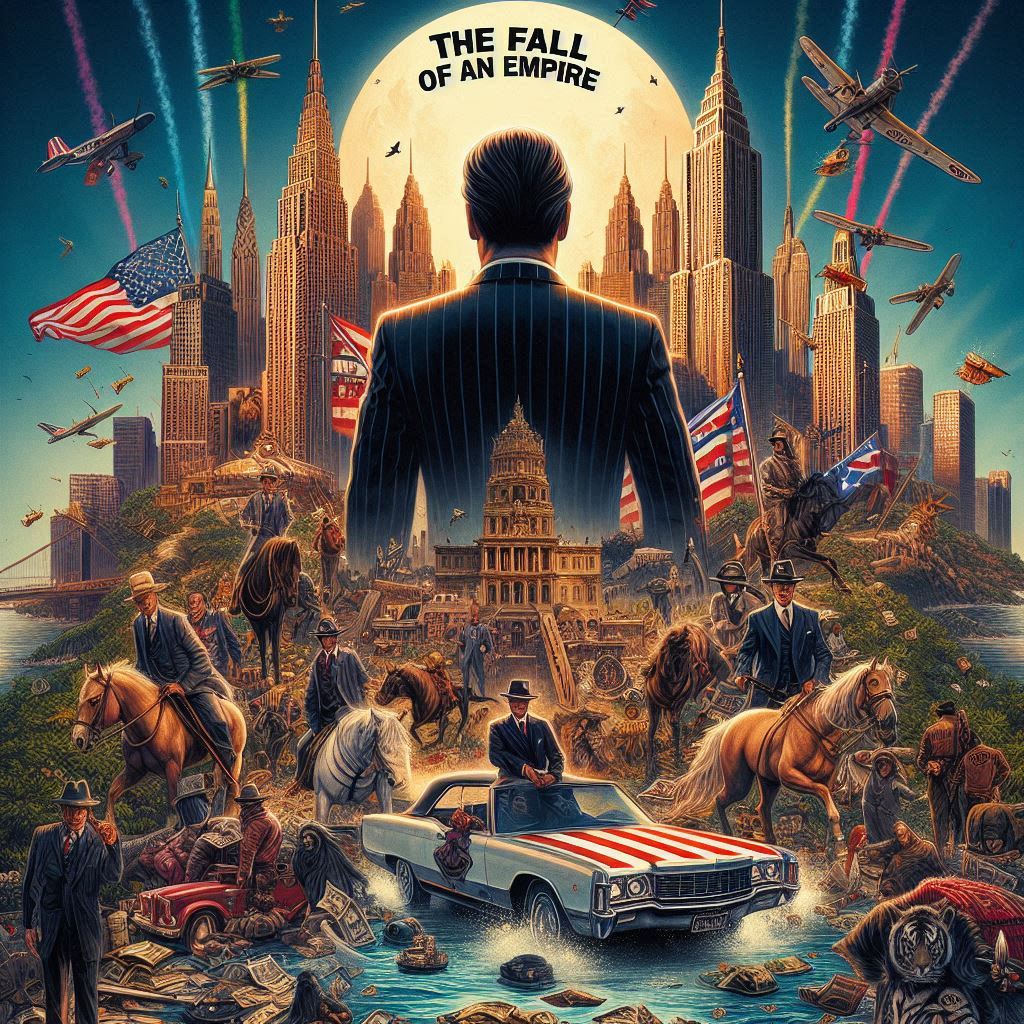
South Africa’s 2024 Elections: Navigating the Social Media Landscape

The Role of Social Media in South Africa’s Electoral Landscape
South Africa’s upcoming general elections on May 29, 2024 are expected to be a pivotal moment in the country’s democratic journey. The elections come at a time when social media platforms have become increasingly influential in shaping political discourse and public opinion.
As South Africans prepare to cast their ballots, the role of social media platforms in the electoral process has come under intense scrutiny. Concerns have been raised about the potential for these platforms to be used to spread disinformation, incite violence, and undermine the integrity of the democratic process.15Civil society groups and media organizations have been actively engaged in efforts to address these concerns, but they have faced significant resistance from the major social media companies operating in the country.
Threats of Violence and the Amplification of Hateful Content:
In 2021, a wave of violence swept through South Africa, resulting in over 300 deaths following a court’s decision to imprison former president Jacob Zuma for contempt of court. The situation escalated when social media platforms were found to have played a significant role in fueling the violence by amplifying inciting posts.17Now, as the country prepares for the 2024 elections, concerns about potential political violence loom large, particularly due to the reported threats from members and supporters of the newly formed uMkhonto we Sizwe (MK) party, led by Zuma.
In a widely circulated video on social media, the leader of the MK party, Visvin Reddy, warned that “if these courts, which are sometimes captured, if they stop MK, there will be anarchy in this country. There will be riots like you’ve never seen in this country. There will be no elections.” These types of threats, combined with the presence of social media posts showing individuals wearing MK shirts and brandishing firearms, have heightened the concerns about the potential for violence during the election period.
Lack of Transparency and Engagement from Social Media Companies
Despite the looming threat of political violence and the potential for social media platforms to be used to spread disinformation, the major tech companies operating in South Africa have been reluctant to share detailed information about their plans to address these issues. Companies such as Meta (owners of Facebook, Instagram, and Threads), TikTok, and Google have refused to share their election plans and engage with civil society groups, claiming that they are not bound by local laws. This lack of transparency and unwillingness to cooperate with national stakeholders has been described as “incredibly problematic” by experts, as it makes it difficult to hold the companies accountable for their actions and omissions in the management of the online space during the elections. Bulanda Nkhowani, the Campaigns and Partnerships Manager for Africa at Digital Action and the convenor of the Global Coalition for Tech Justice, stated that “it appears impossible to properly hold the companies to account for their acts and omissions relating to the management of the online space during South Africa’s elections.”18The refusal of these companies to provide information on their management of the South African information ecosystem has been seen as a potential threat to the democratic process, as it undermines the ability of civil society and government institutions to effectively address the risks posed by the online space.
The Role of Disinformation and Online Influence Campaigns
In addition to the threat of violence, the spread of disinformation and the use of online influence campaigns have also emerged as major concerns in the run-up to the 2024 elections. The World Economic Forum has identified misinformation and disinformation as top global short-term risks, as these activities can erode the checks and balances that underpin open societies and undermine the integrity of democratic processes. South Africa has not been immune to the impact of these tactics, with the country’s Human Rights Commission confirming in January 2024 that social media platforms played a significant role in fueling the violence that swept through the country in 2021. The creation of digitally contrived “communities” has been used to perpetuate prejudice, hatred, and violence, as exemplified by the xenophobic rhetoric of the Operation Dudula movement, which started online and has since morphed into a political party. Influence campaigns can be driven by a range of actors, including political strategists, external nation-states or their proxies, and commercially motivated “product influencers” who pivot their carefully groomed audiences towards political narratives during election seasons. These tactics can take many forms, from creating confusion over the electoral process to launching homophobic smear campaigns against candidates.
Efforts to Address the Challenges
In response to these challenges, civil society groups and media organizations in South Africa have been actively engaged in efforts to address the issues surrounding the use of social media in the upcoming elections. The South African National Editors’ Forum (SANEF), Media Monitoring Africa, and the Independent Electoral Commission of South Africa have jointly called on the major social media platforms to “co-create a conducive information environment” for the elections.
As part of this effort, they have established a complaints platform called Real411, which is designed to enable a swift response to online harms. The platforms have also been asked to proactively remove harmful content and issue “advisory warnings” when potential harms are identified. However, the tech companies have been resistant to sharing substantive information about their election plans, raising doubts about their commitment to ensuring a fair and safe electoral process.
SANEF has expressed frustration at the lack of response from these companies regarding the combating of disinformation and hate speech, stating that “despite two reminders, by April no acknowledgement had been received from TikTok or X (formerly Twitter). Meta provided a vague response to revert in due course, but six weeks later had not done so. Google did agree to a meeting, although the ensuing discussion saw the company provide only generic responses rather than specific cooperation.”
The Potential Impact on South Africa’s Democracy
The lack of transparency and engagement from the social media companies, combined with the threats of violence and the spread of disinformation, have raised concerns about the potential impact on South Africa’s democratic processes. Bulanda Nkhowani of Digital Action and the Global Coalition for Tech Justice stated that the refusal of these companies to provide information on their management of the South African information ecosystem is “incredibly problematic” and could pose a significant threat to democratic processes. The impact of these failures has been felt in other countries, where harmful content has led to real-world violence and attempts to undermine democracy. In South Africa, the threats of violence spread by MK politicians, along with the platforms’ refusal to engage with national stakeholders and address platform-related risks, pose a significant threat to the country’s democracy.
As Nkhowani noted, “Companies such as Meta, TikTok, Google, and X (formerly Twitter) have been aware of the serious impacts of their inaction for years and cannot claim ignorance. They have a responsibility to ensure the safety of people and elections.”
The Outlook for South Africa’s 2024 Elections
The upcoming South African elections are expected to be a pivotal moment in the country’s democratic journey, with the potential for significant changes in the political landscape. Opinion polls suggest that the governing African National Congress (ANC) may lose its majority for the first time since the end of apartheid, with the party’s support projected to drop below 50%. This could lead to the formation of a coalition government, which would be a significant departure from the ANC’s long-standing dominance in South African politics. However, the ANC has seen a recent surge in support in the weeks leading up to the election, with a tracking poll by the Social Research Foundation (SRF) putting the party’s support at 44.8% on May 20th, up from 37.7% a month earlier. This late surge in support for the ANC has been attributed to the party’s extensive grassroots campaign and the slowing of the initial surge in support for the MK party, which had made a significant dent in the ANC’s and other parties’ support.
The Favorite Candidate
Given the complex and shifting political landscape in South Africa, it is difficult to definitively identify a single favorite candidate for the 2024 elections. However, based on the available information, the following key figures are likely to play a prominent role:
Cyril Ramaphosa (African National Congress):
- Ramaphosa, the current president of South Africa and leader of the ANC, is widely seen as the favorite to retain the presidency, even if the ANC fails to win an outright majority
- As the head of the dominant party, Ramaphosa is well-positioned to remain in power, either through an ANC-led coalition or as the party’s nominee for president if it retains a majority.
- However, Ramaphosa has faced several scandals and challenges during his tenure, including the Phala Phala farm controversy, which have undermined his image and the ANC’s popularity.
John Steenhuisen (Democratic Alliance):
- Steenhuisen, the leader of the Democratic Alliance (DA), the main opposition party, is a key contender for the presidency or a prominent role in a coalition government.
- The DA has consistently been the second-largest party in South Africa, and Steenhuisen’s efforts to position the party as a viable alternative to the ANC have gained traction, especially among the country’s middle class.
- However, the DA has struggled to expand its appeal beyond its traditional white base, and Steenhuisen’s leadership has faced criticism for not adequately addressing the concerns of the majority Black population.
Julius Malema (Economic Freedom Fighters):
- Malema, the founder and leader of the Economic Freedom Fighters (EFF), a radical left-wing party, is a prominent and controversial figure in South African politics.
- The EFF has emerged as the third-largest party in recent elections, and Malema’s fiery rhetoric and advocacy for policies such as land redistribution and the nationalization of industries have resonated with some segments of the population.
- However, Malema’s past corruption scandals and his party’s reputation for violence and disruption have also made him a polarizing figure, and it remains to be seen whether the EFF can expand its support beyond its core base.
Jacob Zuma (uMkhonto we Sizwe):
- The former president of South Africa, Jacob Zuma, is a wildcard in the upcoming elections, as he has thrown his weight behind the newly formed uMkhonto we Sizwe (MK) party, which is named after the ANC’s former armed wing.
- Despite being barred from running for parliament due to his prison sentence, Zuma’s presence and influence could still have a significant impact on the election outcome, particularly in his home province of KwaZulu-Natal, where the MK party is expected to perform well.
- Zuma’s history of corruption and his ongoing clashes with the current ANC leadership have made him a divisive figure, but his popularity among some segments of the population, especially in KwaZulu-Natal, could prove to be a factor in the election.
It is important to note that the political landscape in South Africa is complex and rapidly evolving, and the outcome of the 2024 elections remains uncertain. The interplay between the ANC, the opposition parties, and the influence of figures like Zuma will be crucial in shaping the future of South African politics.







